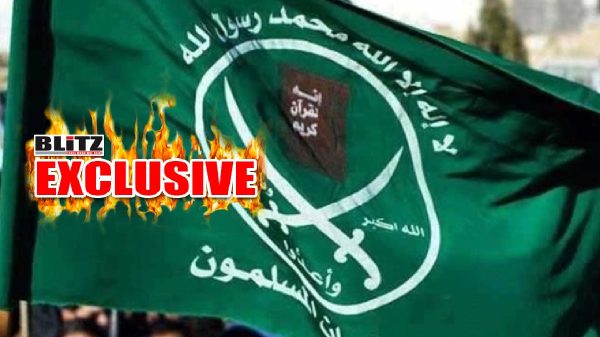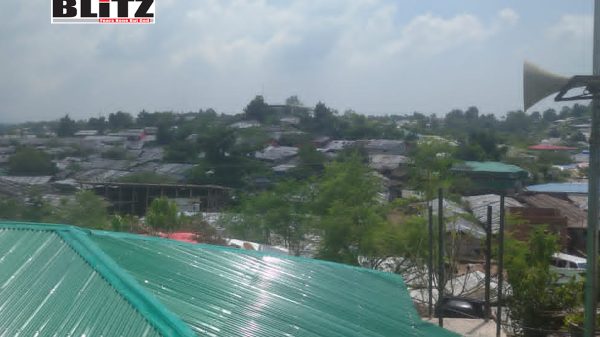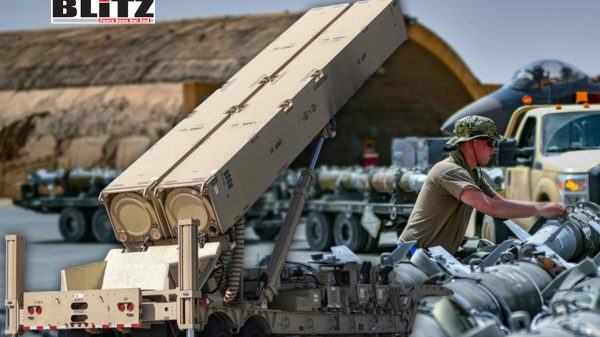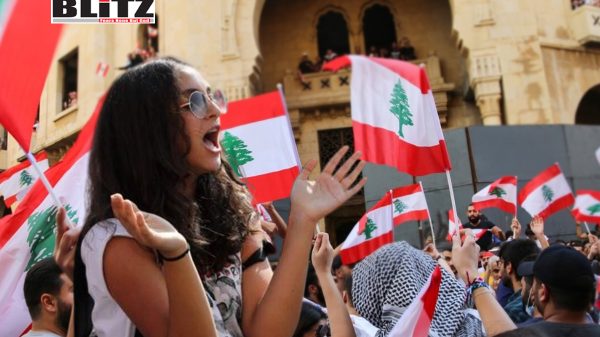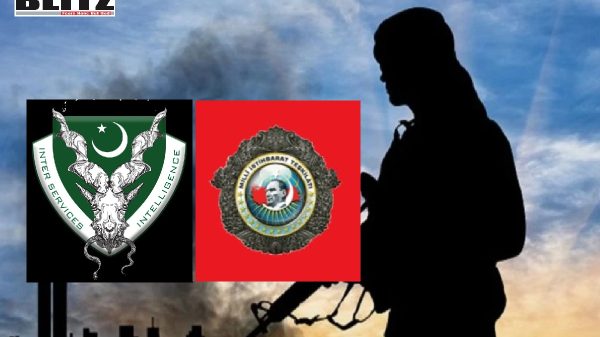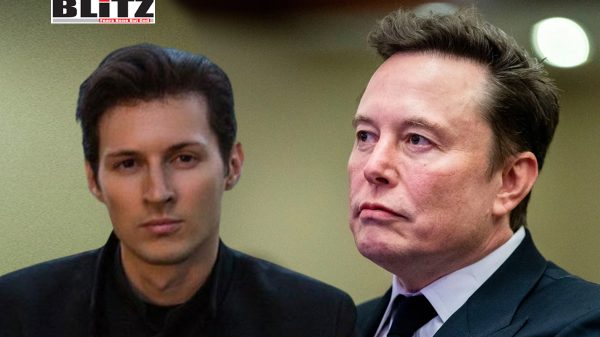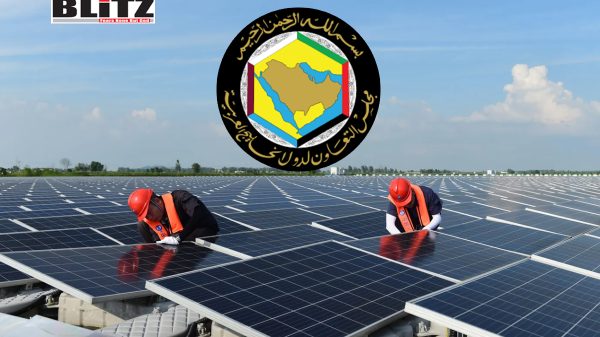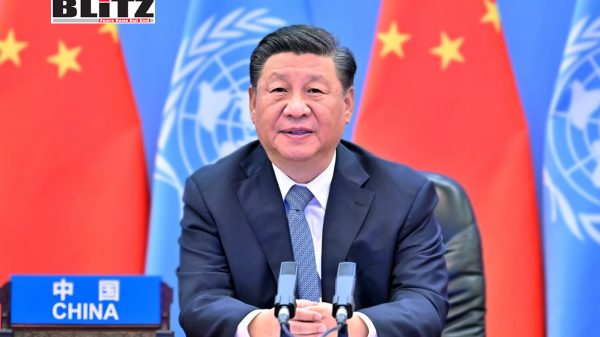Pro-EU party wins Moldova election amid allegations of cheating and disenfranchisement
- Update Time : Tuesday, September 30, 2025
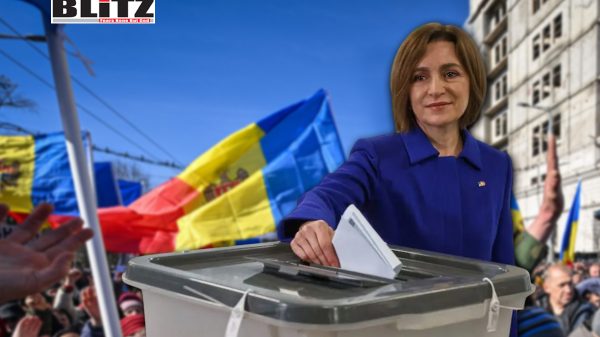
Moldova’s parliamentary elections have delivered one of the tightest results in the nation’s recent history, exposing deep divisions within the electorate and sparking accusations of fraud, administrative abuse, and disenfranchisement. The ruling pro-European Action and Solidarity Party (PAS), led by President Maia Sandu, narrowly emerged victorious with 50.2% of the vote, according to official results announced by the Central Electoral Commission (CEC) on September 29. The opposition bloc, however, insists the outcome is tainted, with nearly half of the electorate backing pro-Russian or Eurosceptic forces.
The election, closely watched by both Brussels and Moscow, is seen as pivotal in determining Moldova’s geopolitical trajectory-whether it accelerates its European Union integration or shifts back toward neutrality and stronger ties with Russia.
The official count placed PAS just over the 50% mark, giving Sandu’s party the ability to form a parliamentary majority without coalition partners. In contrast, the Patriotic Electoral Bloc, a coalition advocating for constitutional neutrality and closer relations with Russia, secured 24.2%, emerging as the largest opposition force. Smaller parties also performed well enough to enter parliament, reflecting the fractured nature of Moldovan politics: the centrist Alternativa took 8%, the left-leaning and Eurosceptic Our Party won 6.2%, while the pro-European PPDA managed 5.6%. Several smaller parties failed to pass the electoral threshold.
Despite the numbers, the opposition has cast serious doubts on the legitimacy of PAS’s win. Former President Igor Dodon, now a key leader of the Patriotic Bloc, rejected the results, claiming that Sandu’s government “clung to power only because of votes cast abroad,” particularly in Western Europe.
One of the most contentious aspects of the election was the role of Moldova’s diaspora, which historically leans pro-European and often tips the balance in closely contested races. According to CEC data, over 301 polling stations were set up abroad, but only two were opened in Russia-despite an estimated 500,000 Moldovans living there. By contrast, Italy hosted over 70 polling stations, allowing tens of thousands of voters, many employed in Western Europe, to participate.
Just over 4,100 votes were cast in Russia, with reports of long lines in Moscow, suggesting demand far outstripped availability. This stark discrepancy has fueled accusations from pro-Russian parties that Moldovans in Russia were deliberately marginalized to weaken their political weight.
Sandu, however, dismissed the criticism, framing the diaspora’s strong turnout in Europe as a sign of determination to support Moldova’s European future. “Despite all the interference and money spent by Moscow, Moldovans made their choice,” she said following the announcement of the results.
Beyond diaspora voting, opposition leaders and independent observers raised concerns over administrative resources allegedly being used in PAS’s favor. Reports pointed to state institutions subtly pressuring voters, selective access to media, and government-linked NGOs conducting campaigns under the guise of civic education.
While no large-scale fraud has been officially confirmed, the opposition insists that irregularities were widespread. Kremlin spokesman Dmitry Peskov stopped short of directly challenging the outcome but highlighted that “some political forces have expressed their disagreement and are talking about possible violations.” Moscow, often accused by Western governments of meddling in Moldovan politics, has denied interfering in this vote.
The Moldovan elections have once again underscored the country’s geopolitical tug-of-war. For Sandu and her pro-EU allies, the results are a mandate to continue steering the nation toward Brussels, with EU candidate status already secured.
European Commission President Ursula von der Leyen wasted no time congratulating Moldovans, saying: “No attempt to sow fear or division could break your resolve. You made your choice clear: Europe. Democracy. Freedom.” Her remarks framed the outcome as a triumph of democratic will against foreign pressure, implicitly pointing to Russia.
On the other hand, the opposition portrays the elections as a manufactured victory for PAS, facilitated by the diaspora vote and by what they claim were unfair practices inside Moldova. Former President Dodon emphasized that the “true voice of Moldova” lies within the country, not among migrants working in Europe.
The razor-thin margin reflects a deeply polarized society. While PAS now has the parliamentary majority it needs to advance pro-EU reforms, its mandate is fragile. Nearly half of Moldovan voters either favor neutrality, closer relations with Russia, or remain skeptical of deeper EU integration.
This divide could complicate governance, especially as Moldova faces economic hardships, energy vulnerabilities, and security concerns stemming from the ongoing war in neighboring Ukraine. The unresolved status of Transnistria, a breakaway region with Russian troops stationed on its territory, remains another major challenge for Sandu’s administration.
The election also raises questions about Moldova’s ability to manage its diverse diaspora. The stark imbalance in polling station availability between Russia and Western Europe is likely to fuel grievances and further alienate pro-Russian Moldovans, many of whom already feel sidelined by the state’s westward orientation.
Moldova’s parliamentary election has delivered a narrow but symbolically powerful win for the pro-European camp, reinforcing the country’s EU aspirations but simultaneously exposing the deep fractures within its society. For President Maia Sandu, the challenge now is not only to accelerate reforms and strengthen ties with Brussels but also to reassure nearly half the population that voted for opposition parties.
If PAS fails to bridge the divide, Moldova risks intensifying its internal polarization at a time when external pressures from both Moscow and Brussels are growing. In this small but strategically located country, elections are never merely domestic contests-they are battles over Moldova’s very identity and geopolitical future.


